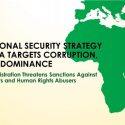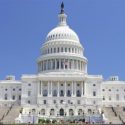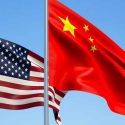From Sergei Magnitsky to Global Magnitsky: United States Sanctions Corruption and Human Rights Abuses Globally
The financial penalties imposed by the Global Magnitsky Sanctions (and other U.S. sanctions programs) are powerful, as they effectively cut off sanctioned persons from the U.S. financial system and, substantially, U.S. dollar transactions. Given the size and centrality of the U.S. financial system to international commerce and payments, persons without access to U.S. banks and other constituent parts of the U.S. financial system are largely shut out of the international financial system (this assumes, of course, effective enforcement and compliance by U.S. authorities, banks and international financial system participants). Put in context, the United States’ Global Magnitsky Act and sanctions program are singular in their force. Other countries have adopted versions of a Magnitsky Act (including Canada, which has imposed sanctions under its law), but none of these other Magnitsky frameworks rival the potential sweep and impact of the United States’ Magnitsky framework.




